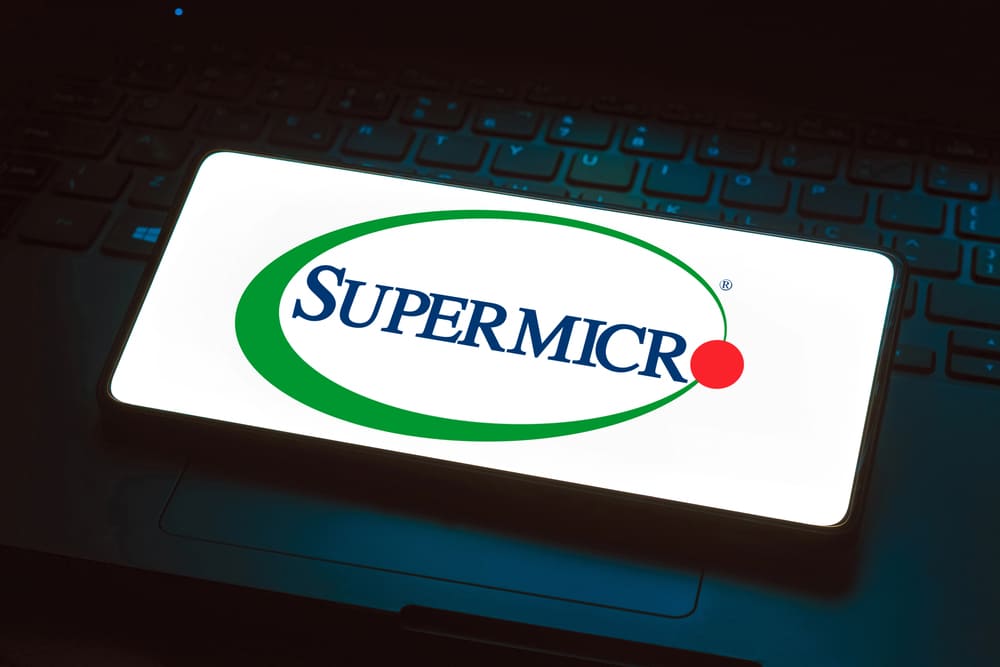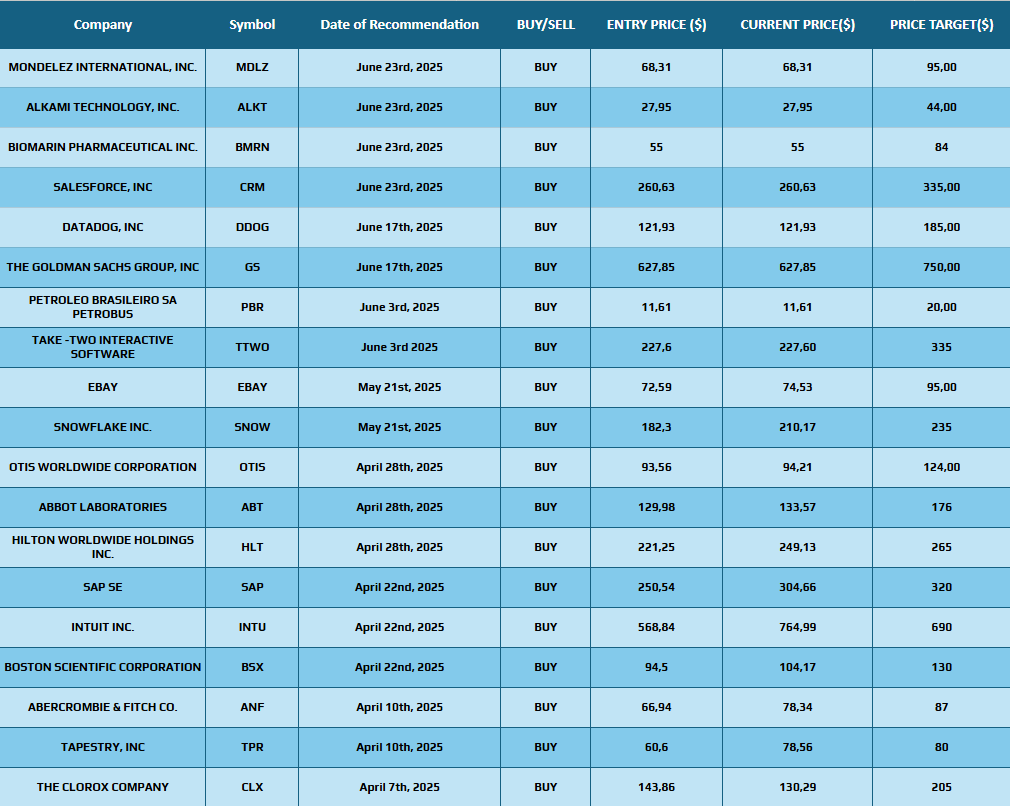
Date Issued – 9th July 2025
Preview
Markets are navigating a fresh wave of inflation signals, executive shake-ups and troubling signs from the world’s second-largest economy. China’s deepening deflation reflects structural overcapacity and weak demand, complicating its policy path. Meanwhile, inflation expectations in the U.S. are falling back to pre-tariff levels, soothing market nerves. On the corporate front, Hershey names a new CEO from Wendy’s.
China Producer Prices See Sharpest Drop Since 2023
China’s producer price index (PPI) plunged 3.6% in June, its steepest annual fall since July 2023, deepening the country’s deflationary struggles. Consumer prices rose a modest 0.1%, returning to growth after four months of declines, while core CPI climbed 0.7% year-on-year. A lingering price war – partly triggered by oversupply and weak demand – continues to hurt industrial profitability. Despite recent gains in exports, economists warn that without stronger policy stimulus, China may struggle to escape its deflationary spiral.
Investment Insight:
The sharper-than-expected PPI decline signals persistent margin pressure on Chinese manufacturers, especially in export-driven and consumer-facing sectors. Beijing’s focus on ending destructive price competition could support quality-focused firms, but absent major fiscal stimulus, recovery may lag. Investors should watch for policy responses and be cautious with exposure to industrials and discretionary sectors tied to China’s domestic demand. Export-reliant companies might fare better near term, especially those diversifying toward Southeast Asia.
Trump to Impose 50% Tariff on Copper Imports
President Trump announced a 50% tariff on copper imports, aiming to boost domestic production. He also hinted at an upcoming 200% tariff on pharmaceutical imports, giving firms up to 18 months to relocate manufacturing to the U.S. Copper prices soared 13.12%, their biggest one-day gain since 1989 and shares of U.S. copper miner Freeport-McMoRan rose 5%. The U.S. currently imports nearly half of its copper, mainly from Chile. A formal tariff proclamation is expected by the end of July.
Investment Insight:
The copper tariff underscores Trump’s push for resource nationalism and reshoring of critical supply chains. U.S.-based copper producers stand to benefit significantly, potentially making stocks like Freeport-McMoRan attractive in the near term. However, higher input costs could ripple across construction, manufacturing and EV sectors. Investors should consider both commodity price upside and inflationary risks across copper-intensive industries, as well as the broader impact of potential pharmaceutical tariffs on healthcare stocks.

Super Micro Expands European AI Server Production
Super Micro plans to boost manufacturing investment in Europe to meet soaring regional demand for AI servers, CEO Charles Liang told CNBC. With existing facilities in the Netherlands, the company is eyeing further expansion as global appetite for AI infrastructure accelerates. Liang brushed off recent concerns over weak quarterly guidance, insisting growth remains robust due to continued tech innovation and business expansion. Super Micro’s AI server sales, driven by Nvidia chips, remain central to the firm’s global strategy.
Investment Insight:
Super Micro’s strategic European expansion positions it to capitalize on growing AI infrastructure needs, particularly amid Nvidia’s push in the region. Despite recent stock volatility and financial concerns, the company’s core growth narrative remains intact. Investors may find value in its long-term AI exposure, especially as European governments and enterprises scale up their compute capacity. Watch for updates on new manufacturing sites and broader AI-related tailwinds, which could restore investor confidence and support a stock recovery.
Inflation Expectations Return to Pre-Tariff Levels: NY Fed
Consumer inflation expectations have returned to their January levels of 3%, easing concerns that Trump-era tariffs would spark a surge in prices, according to the New York Fed’s June survey. That’s down from a 3.6% peak in March and April. While overall inflation fears have eased, expectations for price hikes remain elevated in key areas: 9.3% for medical care, 9.1% for college and rent and 5.5% for food. Unemployment fears also declined, signaling increased labor market confidence.
Investment Insight:
The decline in inflation expectations suggests markets may continue pricing in fewer Fed rate hikes, supporting equities – particularly in rate-sensitive sectors like tech and real estate. However, persistent category-specific pressures (e.g., healthcare and housing) could drive divergence across industries. Investors should watch consumer discretionary and staples for margin pressures and healthcare for potential policy responses. Sentiment around stable inflation may also bolster bonds and defensive assets in the short term.
Wendy’s CEO Kirk Tanner to Lead Hershey
Wendy’s CEO Kirk Tanner has been appointed the new CEO of The Hershey Company, starting August 18. He succeeds Michele Buck, who is retiring after nearly two decades with Hershey, including eight years as CEO. Tanner, a former PepsiCo executive with over 30 years in food and beverages, returns to the consumer packaged goods sector. Wendy’s CFO Ken Cook will serve as interim CEO while the company searches for a permanent replacement.
Investment Insight:
Tanner’s appointment signals Hershey’s intent to double down on growth, M&A and operational efficiency under a seasoned consumer goods veteran. His deep experience in snacks and beverages – and a track record of scaling businesses – could drive innovation and market expansion. Investors in Hershey might expect a stronger emphasis on product development and strategic acquisitions. Meanwhile, Wendy’s faces a period of leadership uncertainty, which could affect investor sentiment until a permanent CEO is named.
Conclusion
This week’s developments point to diverging macroeconomic and corporate trajectories. China’s price wars and weak industrial profits suggest more headwinds ahead without significant policy support. In contrast, U.S. inflation expectations cooling off may offer breathing room to risk assets. At the company level, strategic shifts at Hershey and Microsoft hint at renewed competition and sector realignment. As investors weigh global risks against U.S. resilience, selective positioning – especially in consumer, tech and defensive plays – will be key for navigating the second half of 2025.
Upcoming Dates to Watch
- July 10th: U.S. Jobless Claims + German CPI
- July 15th: US Retail Sales & Industrial Production
- July 16th: UK CPI & Unemployment Rate
Find below some of our Buy/Sell Recommendations. Balfour Capital Group is a distinguished global boutique investment management firm with $350 million AUM and over 1000 Clients.

Disclaimer: This post provides financial insights for informational purposes only. It does not constitute financial advice or recommendations for investment decisions.




